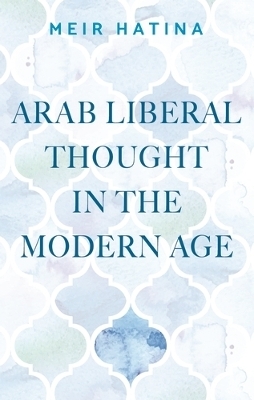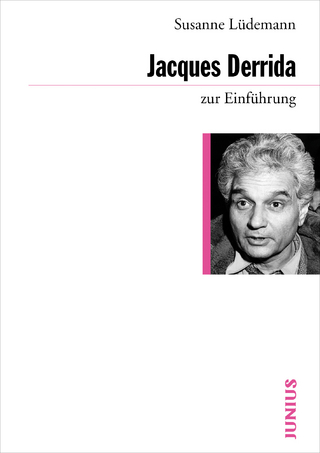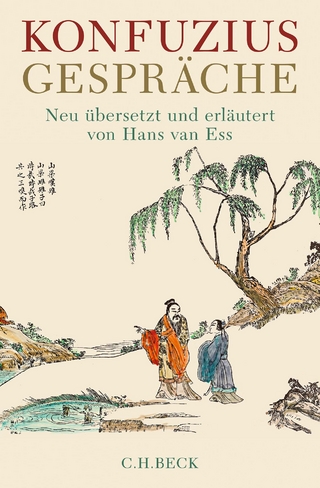
Arab Liberal Thought in the Modern Age
Seiten
2020
Manchester University Press (Verlag)
978-1-5261-4291-7 (ISBN)
Manchester University Press (Verlag)
978-1-5261-4291-7 (ISBN)
The provides in-depth analysis of Arab liberalism, which, although lacking public appeal and a compelling political underpinning, still sustained viability over time and remained a constant part of the Arab landscape. -- .
Combining a historical perspective that traces lines of continuity and change in Arab liberalism, an integrative discussion of cross-sectional themes, and a comparative analysis of the West, Turkey and Iran, this book seeks to enrich our knowledge of liberal thought in the Arab Middle East. In intertwining these dimensions—the historic, integrative and comparative, Arab liberal thought in the modern age responds to a tendency to overlook the significance of Middle Eastern liberalism in favour of more powerful and assertive forces embodied by authoritarian regimes and Islamic movements.
The study focuses on the second half of the twentieth century and the early twenty-first century. Post-1967 liberals, as their predecessors, confronted old dilemmas, socio-economic upheavals, political instability and cultural disorientation, but also demonstrated ideological rejuvenation and provided liberal thought with new emphases and visions. Arab liberals’ ongoing debates over freedom of religion, secularism, individualism, democracy and human rights were aimed at formulating of a comprehensive liberal project seeking to enact an Arab Enlightenment. -- .
Combining a historical perspective that traces lines of continuity and change in Arab liberalism, an integrative discussion of cross-sectional themes, and a comparative analysis of the West, Turkey and Iran, this book seeks to enrich our knowledge of liberal thought in the Arab Middle East. In intertwining these dimensions—the historic, integrative and comparative, Arab liberal thought in the modern age responds to a tendency to overlook the significance of Middle Eastern liberalism in favour of more powerful and assertive forces embodied by authoritarian regimes and Islamic movements.
The study focuses on the second half of the twentieth century and the early twenty-first century. Post-1967 liberals, as their predecessors, confronted old dilemmas, socio-economic upheavals, political instability and cultural disorientation, but also demonstrated ideological rejuvenation and provided liberal thought with new emphases and visions. Arab liberals’ ongoing debates over freedom of religion, secularism, individualism, democracy and human rights were aimed at formulating of a comprehensive liberal project seeking to enact an Arab Enlightenment. -- .
Meir Hatina is Lecturer in Islamic and Middle Eastern Studies at the Hebrew University of Jerusalem -- .
Introduction: Debating Arab Liberalism
1 Historical Endurance, Ideological Fervor
2 Revisiting Islam: Toward a Humanist Vision
3 Arab Politics: Oriental Despotism
4 The West and Israel: An Inspiring Model
5 The 2011 Arab Revolutions
Conclusion
Bibliography
Index -- .
| Erscheinungsdatum | 10.05.2021 |
|---|---|
| Reihe/Serie | Manchester University Press |
| Verlagsort | Manchester |
| Sprache | englisch |
| Maße | 156 x 234 mm |
| Gewicht | 558 g |
| Themenwelt | Geisteswissenschaften ► Philosophie ► Östliche Philosophie |
| Geisteswissenschaften ► Religion / Theologie | |
| ISBN-10 | 1-5261-4291-0 / 1526142910 |
| ISBN-13 | 978-1-5261-4291-7 / 9781526142917 |
| Zustand | Neuware |
| Haben Sie eine Frage zum Produkt? |
Mehr entdecken
aus dem Bereich
aus dem Bereich


